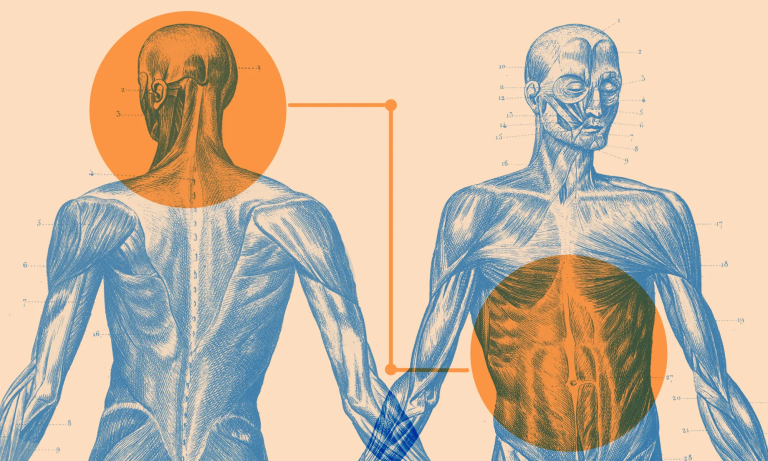
innovuscollege.com – As temperatures drop, many people believe that cold weather is directly responsible for making them sick. You’ve probably heard someone say, “Bundle up, or you’ll catch a cold!” But is there any truth to this common belief? Let’s break down the myth and uncover the real factors behind seasonal illnesses.
The Myth: Cold Weather Causes Illness
For generations, people have associated chilly temperatures with getting sick. The idea that being exposed to the cold—especially without a jacket or warm clothing—leads to catching a cold or flu is widespread. Many assume that lower temperatures weaken the immune system or that cold air itself carries germs.
For generations, people have associated chilly temperatures with getting sick. The idea that being exposed to the cold—especially without a jacket or warm clothing—leads to catching a cold or flu is widespread. Many assume that lower temperatures weaken the immune system or that cold air itself carries germs.
The Facts: Viruses, Not Cold Air, Cause Illness
The truth is that cold weather itself doesn’t make you sick—viruses do. The common cold and flu are caused by viruses such as rhinoviruses and influenza, which spread through respiratory droplets when an infected person coughs, sneezes, or talks.
However, winter conditions can indirectly contribute to increased illness rates due to:
- More Time Indoors: During colder months, people tend to stay indoors, leading to closer contact in confined spaces. This makes it easier for viruses to spread.
- Dry Air: Cold air is often drier, both outdoors and indoors (due to heating systems). Dry nasal passages can make it easier for viruses to enter the body.
- Weaker Immune Response: Some studies suggest that colder temperatures might slightly weaken the immune response in nasal passages, making it easier for viruses to infect the body.
Staying Healthy in Cold Weather
While cold air itself won’t make you sick, the conditions associated with winter can increase your risk of infection. Here’s how to protect yourself:
- Wash Your Hands Frequently: Proper hand hygiene helps prevent the spread of germs.
- Maintain Good Air Circulation: Open windows periodically or use air purifiers to reduce indoor virus transmission.
- Stay Hydrated and Eat Well: A strong immune system relies on proper hydration and nutrition.
- Dress Warmly to Stay Comfortable: While bundling up won’t prevent illness, it can help regulate body temperature and keep you comfortable.
Conclusion: Cold Weather is Not the Villain
The idea that cold weather alone makes you sick is a myth. Viruses are the real culprits behind seasonal illnesses, and their spread is influenced by lifestyle factors rather than temperature itself. So, while it’s important to dress warmly for comfort, remember that the best way to stay healthy during winter is to focus on hygiene, nutrition, and minimizing close contact with sick individuals.







